When to Call for Roof Repairs After Severe Weather Hits
The first 24 hours following severe weather are crucial for evaluating potential roof damage. Homeowners should start with a visual inspection from the ground, checking for missing shingles, debris, or obvious structural issues. Climbing onto the roof can be dangerous, so it’s often safer to call a professional for a detailed assessment. Pay particular attention to sagging or bending in roofing structures, as these may indicate serious underlying problems. Prompt evaluation can prevent minor damage from escalating into more costly repairs.
Leaks and water intrusion are common after storms and can threaten your home’s structural integrity. Signs like damp spots on ceilings or walls, wet insulation, or water-stained attic surfaces indicate roof penetration. Addressing these leaks quickly is essential to prevent mold growth, wood rot, and other long-term damage. Early detection enables timely roof repairs and helps maintain a safe and dry home environment.
Documenting any damage is also critical for insurance purposes. Photographs, detailed notes, and professional assessments support a smooth claims process. Scheduling regular inspections—ideally once a year or after major weather events—can help homeowners proactively manage potential issues and extend the roof’s lifespan. Proper documentation combined with professional evaluation ensures both accurate insurance claims and effective roof repairs.
Identifying Common Types of Damage
Severe weather can result in multiple forms of roof damage, with shingle loss or displacement being the most common. Strong winds can lift shingles and break their seal, leaving the roof exposed to water infiltration. Prompt replacement of damaged shingles is necessary to prevent leaks and further deterioration. Regular inspections make it easier to identify and correct these issues early, maintaining the roof’s protective function over time.
Hail damage is another frequent concern, often visible as dents, cracks, or granule loss on asphalt shingles. Large hailstones can weaken shingles and expose underlying layers, increasing the risk of water damage. Timely roof repairs following hail impacts are essential to maintain water resistance and prevent future leaks. Similarly, heavy winds and rainfall can dislodge shingles or flashing, making post-storm inspections critical to protect your home from progressive damage.
Additionally, hail and wind damage can compromise other roofing components beyond shingles, such as gutters, vents, and flashing. Even minor dents or loosened fasteners can create points of water intrusion that lead to structural issues over time. Homeowners should inspect these elements carefully or have a professional roofing contractor assess them after severe storms. Addressing these secondary damages promptly as part of comprehensive roof repairs helps ensure the entire roofing system remains secure, functional, and capable of protecting the home effectively against future weather events.
Understanding Different Roof Types
Roof materials respond differently to severe weather, which affects damage assessment and repair methods. Asphalt shingle roofs are durable but can be lifted or torn by high winds, potentially causing leaks. Regular inspections and prompt replacement of damaged shingles are essential to maintain protection. Metal roofs withstand high winds and heavy rain well but are susceptible to denting from hail. Timely inspection ensures both functionality and aesthetic appeal are preserved.
Tile and slate roofs are highly durable but can crack or break when impacted by heavy debris or hail. Damage to these heavier materials can cause water infiltration if not addressed quickly. Professional roof repairs help maintain both structural integrity and visual appeal, ensuring that even these resilient materials remain fully protective. Different roofing types require tailored approaches to inspection and maintenance, making professional guidance invaluable after severe weather.
Navigating Insurance Claims for Roof Repairs
Understanding your insurance coverage is key to managing roof damage after storms. Policies vary, with some covering full replacement, others only partial repair, and certain events potentially excluded. Documenting damage thoroughly and communicating with your insurer ensures you receive the benefits you are entitled to. Filing claims promptly and providing professional assessments can reduce delays and increase approval rates. Proper preparation streamlines the process and protects your financial interests while addressing roof repairs efficiently.
Filing a successful claim often depends on detailed documentation and timely reporting. Photos, professional inspection reports, and receipts support the claim’s validity. Collaborating with the insurance adjuster facilitates accurate evaluation and reimbursement. By coordinating effectively, homeowners can minimize out-of-pocket expenses while ensuring roof repairs meet industry standards and maintain long-term performance.
Working with a reputable roofing contractor simplifies both the repair and insurance processes. Experienced contractors provide detailed repair estimates and official assessments, which support claim approval and ensure proper execution of repairs. Leveraging professional expertise for roof repairs not only restores functionality but also maximizes insurance coverage and safeguards long-term roof integrity.
Preventative Measures for Future Weather Events
Preventative measures are vital to minimize roof damage risks from future storms. Scheduling regular inspections—twice a year or after severe weather—helps identify vulnerabilities before they escalate. Clearing gutters, removing debris, and repairing minor damage promptly protects the roof from water accumulation and erosion. Routine maintenance is a simple but effective strategy to maintain roof resilience and extend its lifespan.
Installing storm-resistant features further strengthens your roof’s defense. Impact-resistant shingles, reinforced flashing, and proper insulation enhance durability and prevent costly damage. Developing an emergency plan and maintaining access to professional contacts ensures homeowners can respond immediately when severe weather strikes. Consistent care and upgrades help maintain safety, preserve home value, and reduce the need for frequent roof repairs.
Hiring a Professional vs DIY Repairs
Deciding between DIY and professional roof repairs requires careful consideration. DIY solutions may appear cost-effective but often lack durability, warranty protection, and safety assurances. Complex repairs, particularly after severe weather, are best handled by professionals with the necessary tools and expertise. Professional roof repairs ensure the work is done correctly, safeguarding both the roof’s structural integrity and the homeowner’s investment.
DIY repairs also carry risks of further damage or injury. Incorrect installation or temporary fixes can compromise the roof, potentially leading to larger problems and voided insurance coverage. Engaging a qualified contractor ensures compliance with industry standards and provides warranties for both materials and labor. Proper professional involvement is the safest and most reliable way to restore roof functionality after severe weather.
Selecting the Right Roofing Professional
When choosing a roofing contractor, verify credentials, licenses, insurance, and experience. A reliable professional should provide warranties, detailed estimates, and references to confirm quality and trustworthiness. Assessing reviews and obtaining referrals ensures that you hire someone capable of delivering lasting results. Selecting the right contractor guarantees effective roof repairs and contributes to the home’s long-term protection and value.
Professional guidance also ensures that repairs are executed efficiently, cost-effectively, and in line with insurance requirements. A reputable contractor can identify hidden issues that may otherwise go unnoticed, preventing future complications and maintaining roof integrity. Proper selection of roofing professionals is critical to securing a safe, resilient, and aesthetically sound roof.
Timely identification and repair of roof damage are essential following severe weather. While minor issues may seem manageable, professional roof repairs are often the safest and most effective solution. By recognizing signs of damage, documenting issues, understanding insurance processes, and choosing the right contractor, homeowners can protect their homes and investments. Engaging experienced roofing professionals ensures repairs are thorough and durable. For reliable roof repairs and expert guidance, contact Kirsch Roofing to safeguard your home and maintain long-term roof integrity.
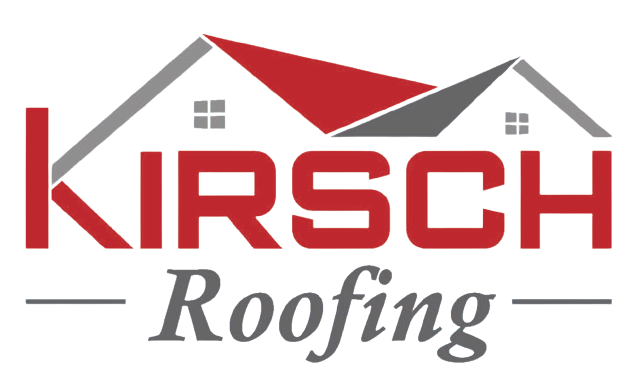
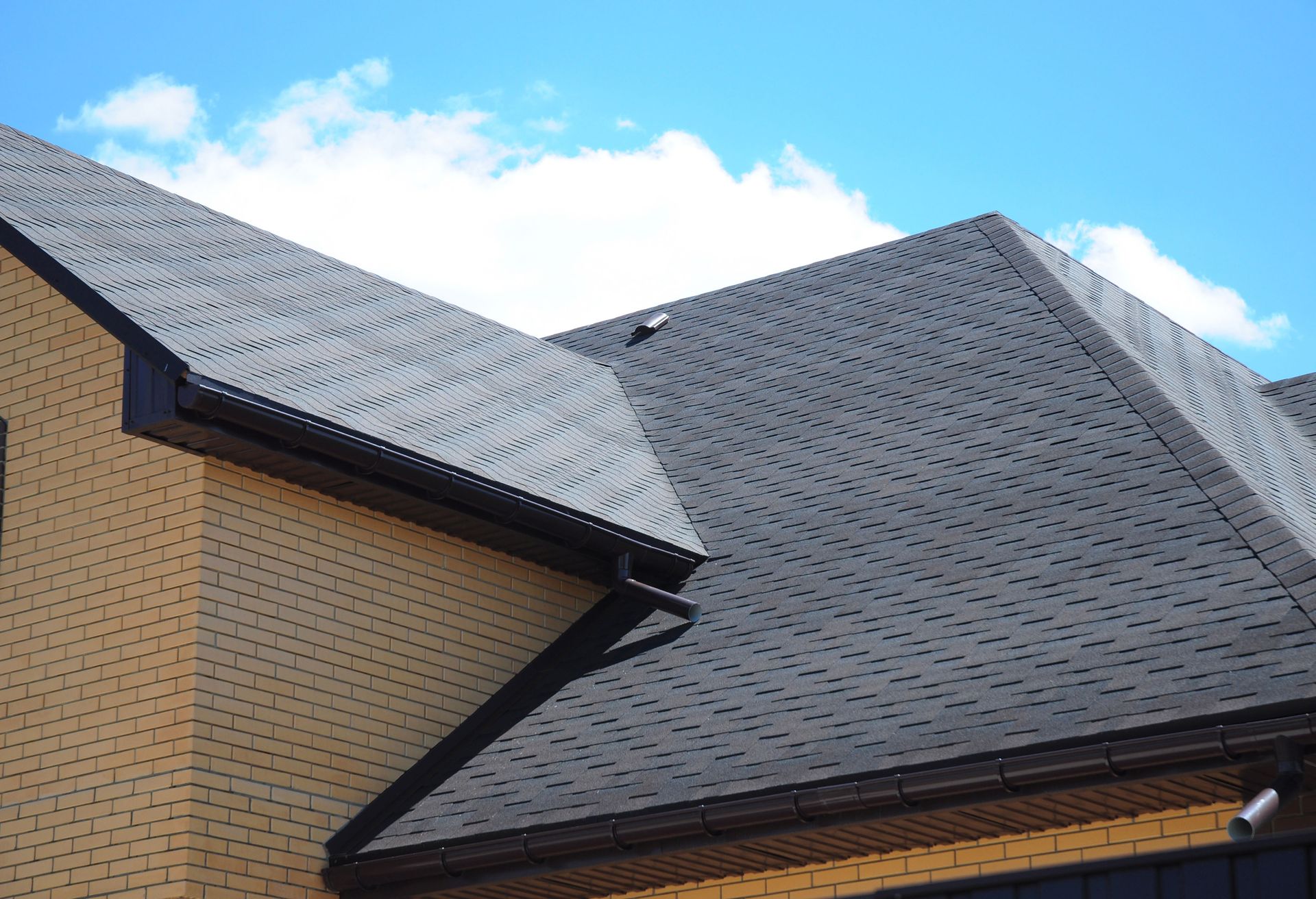
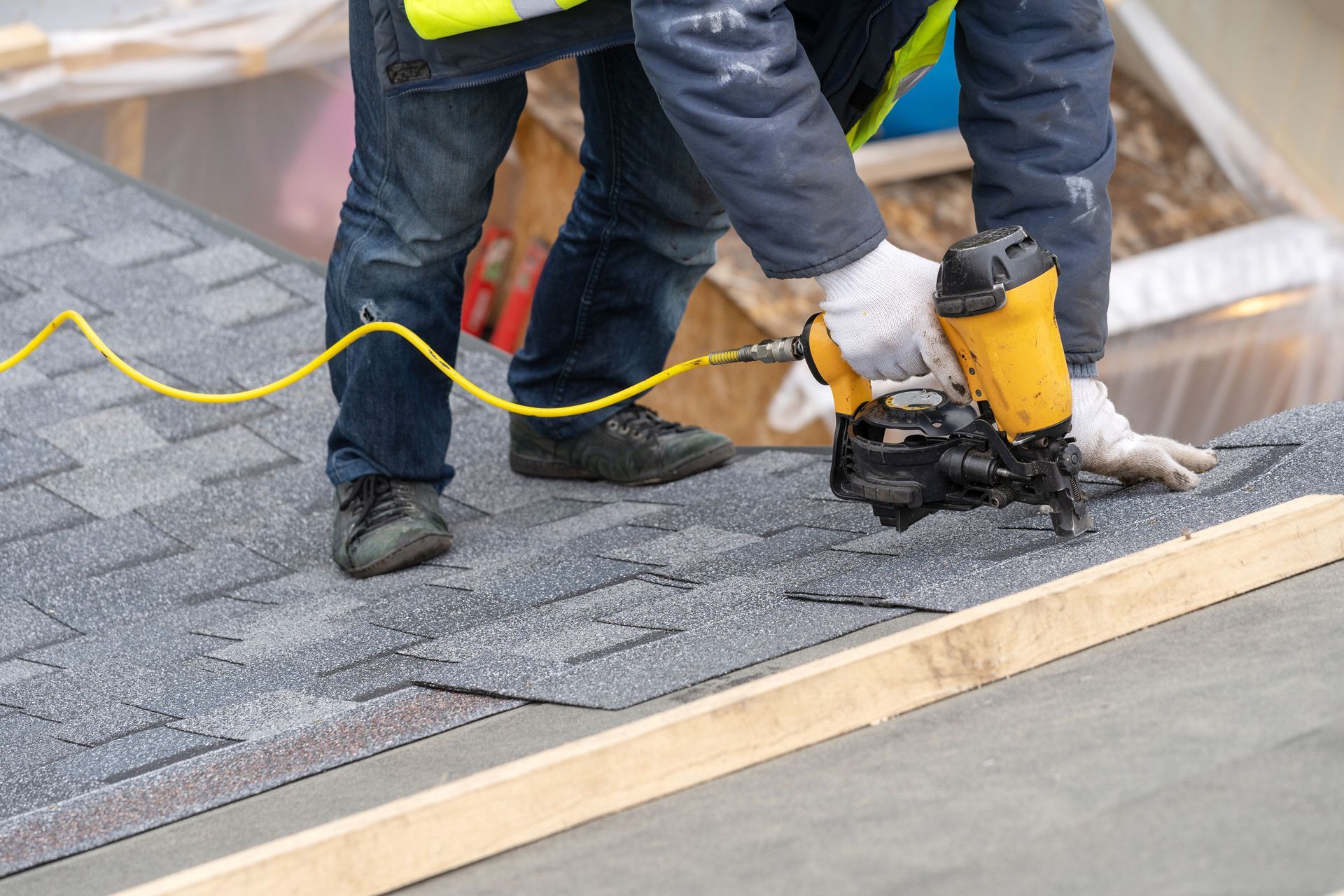
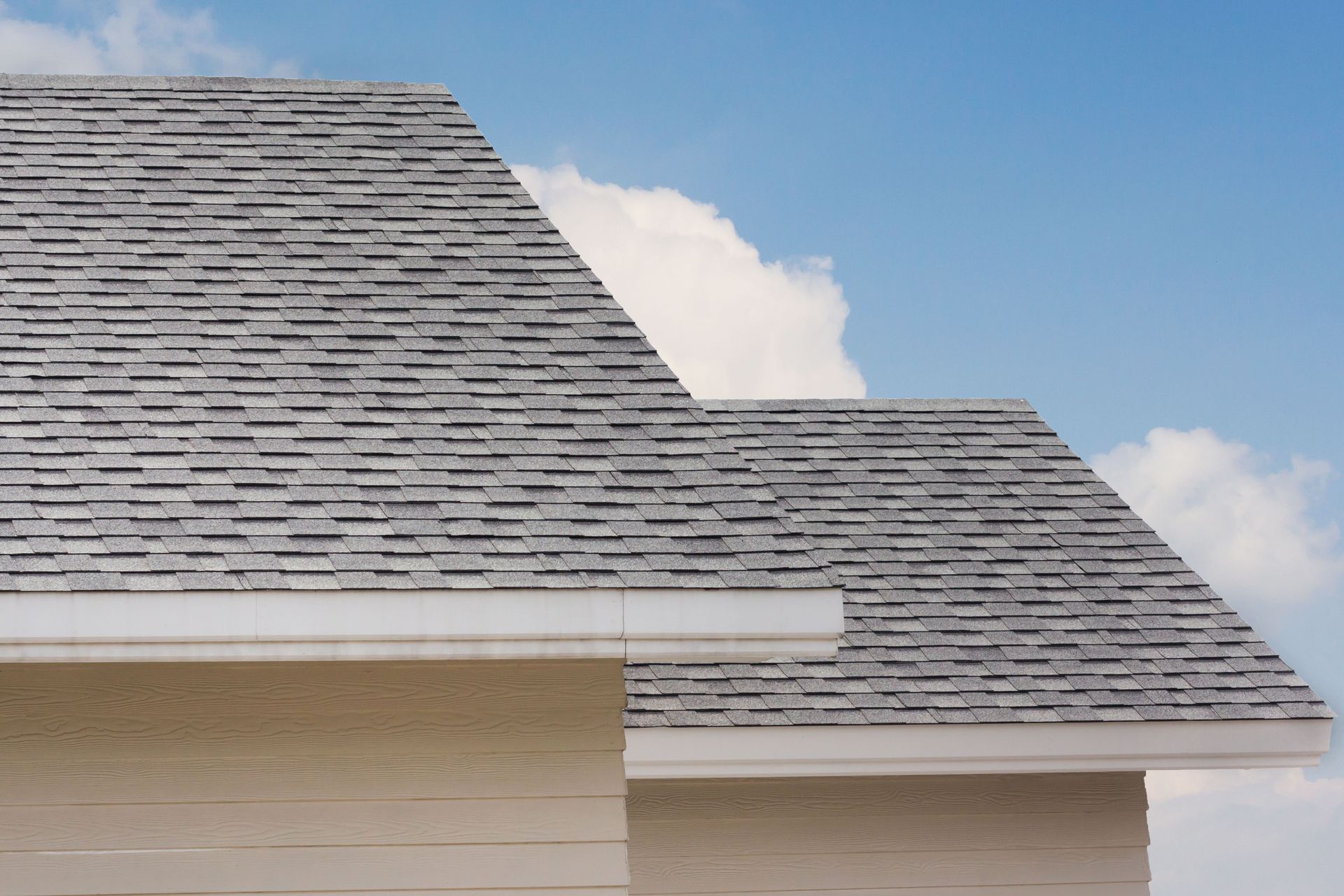
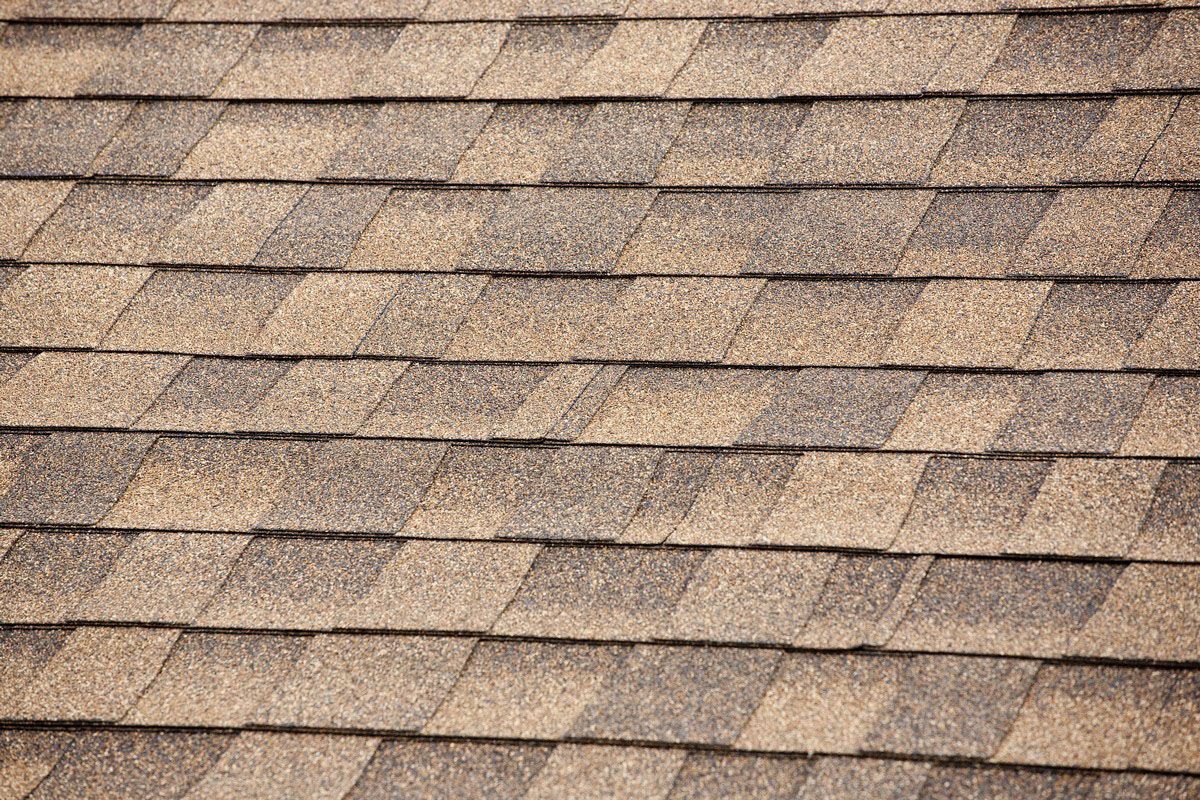
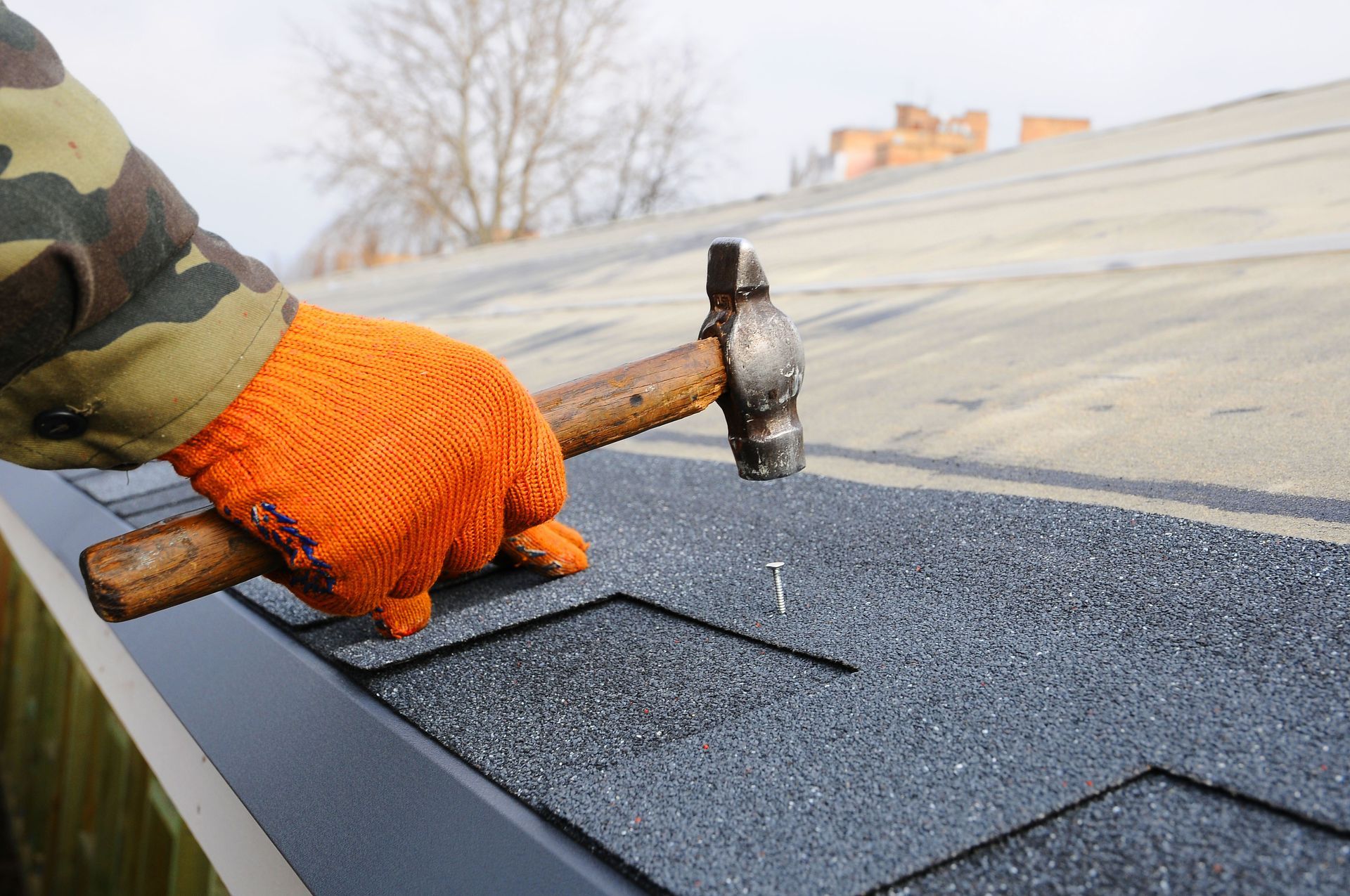
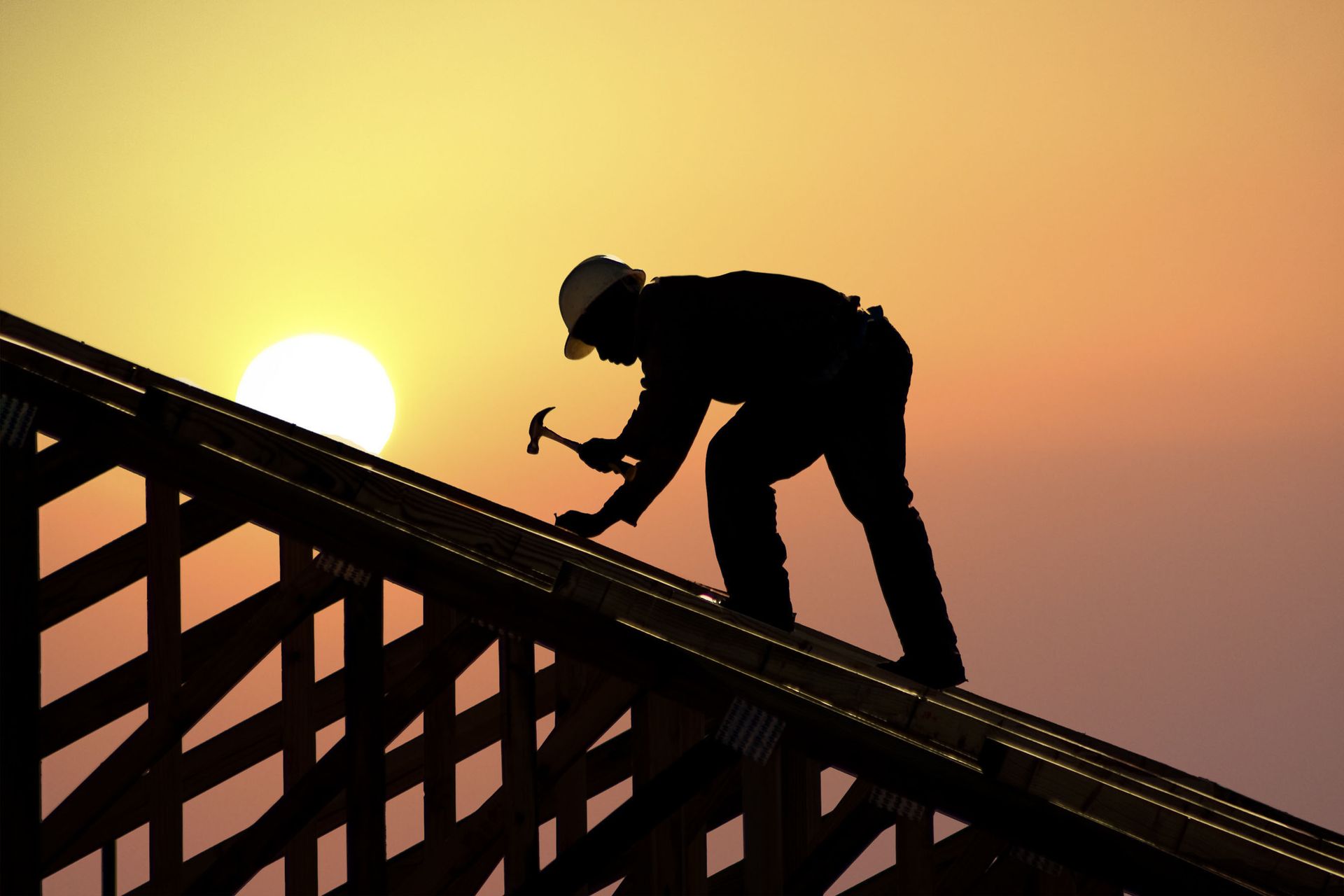
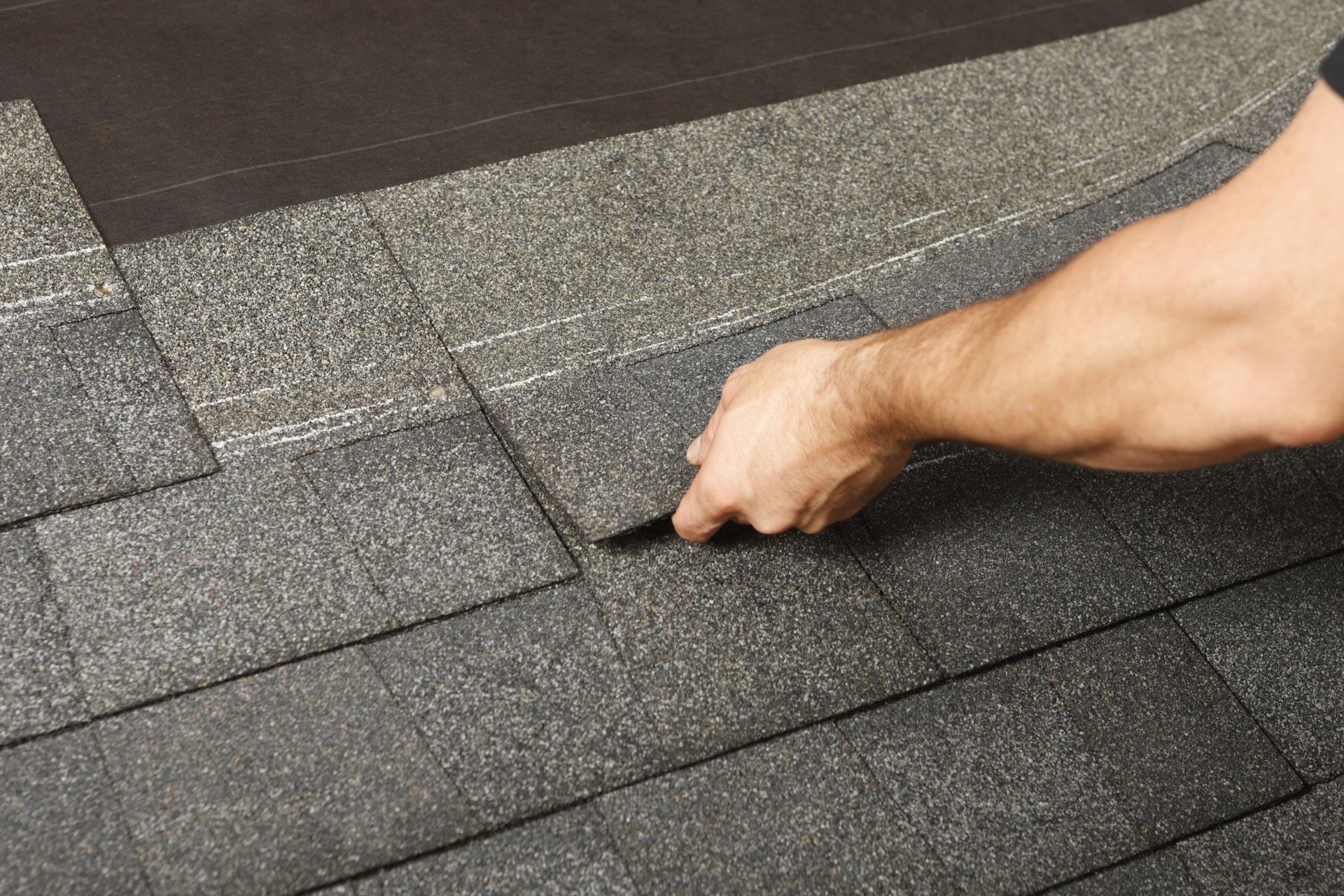
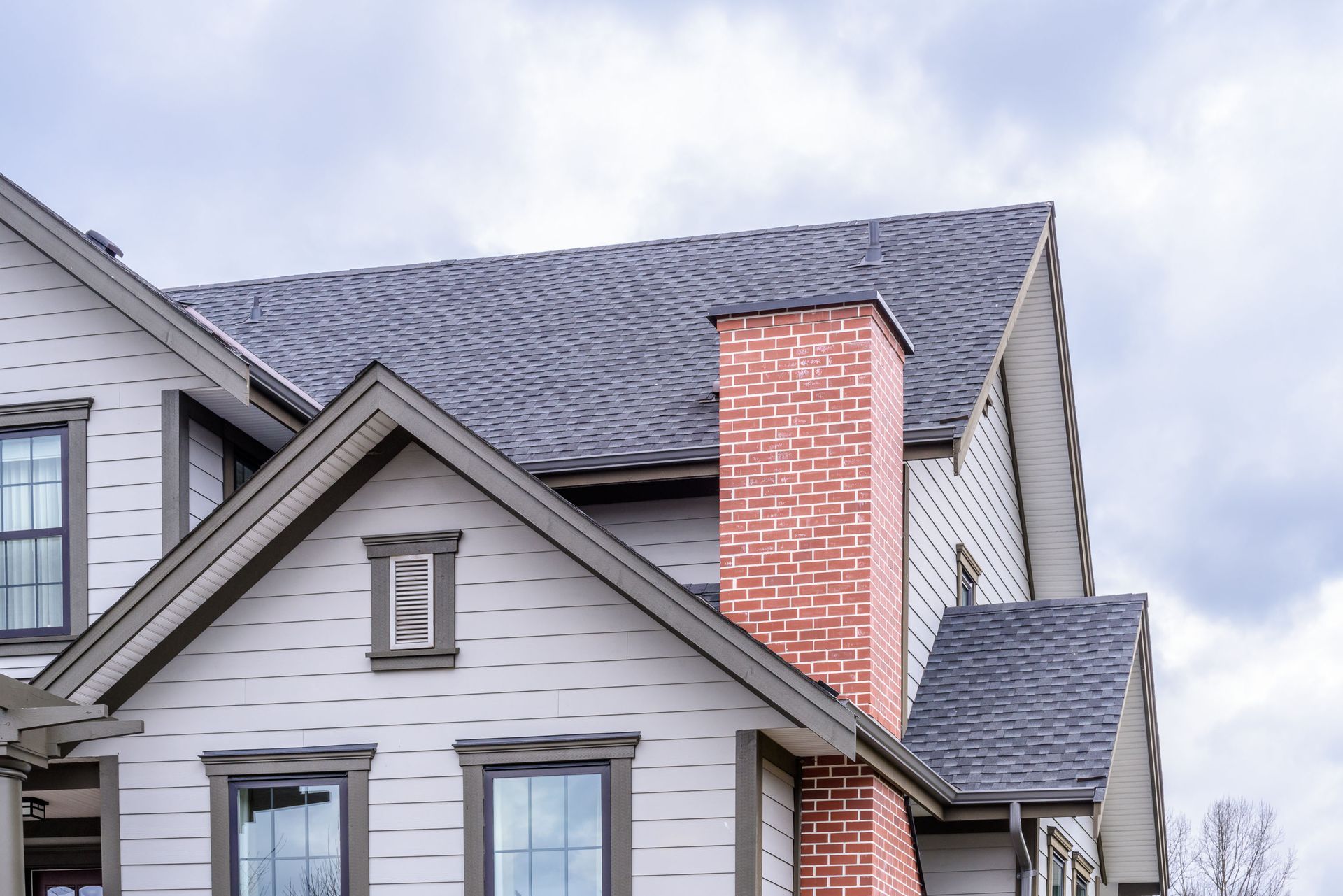
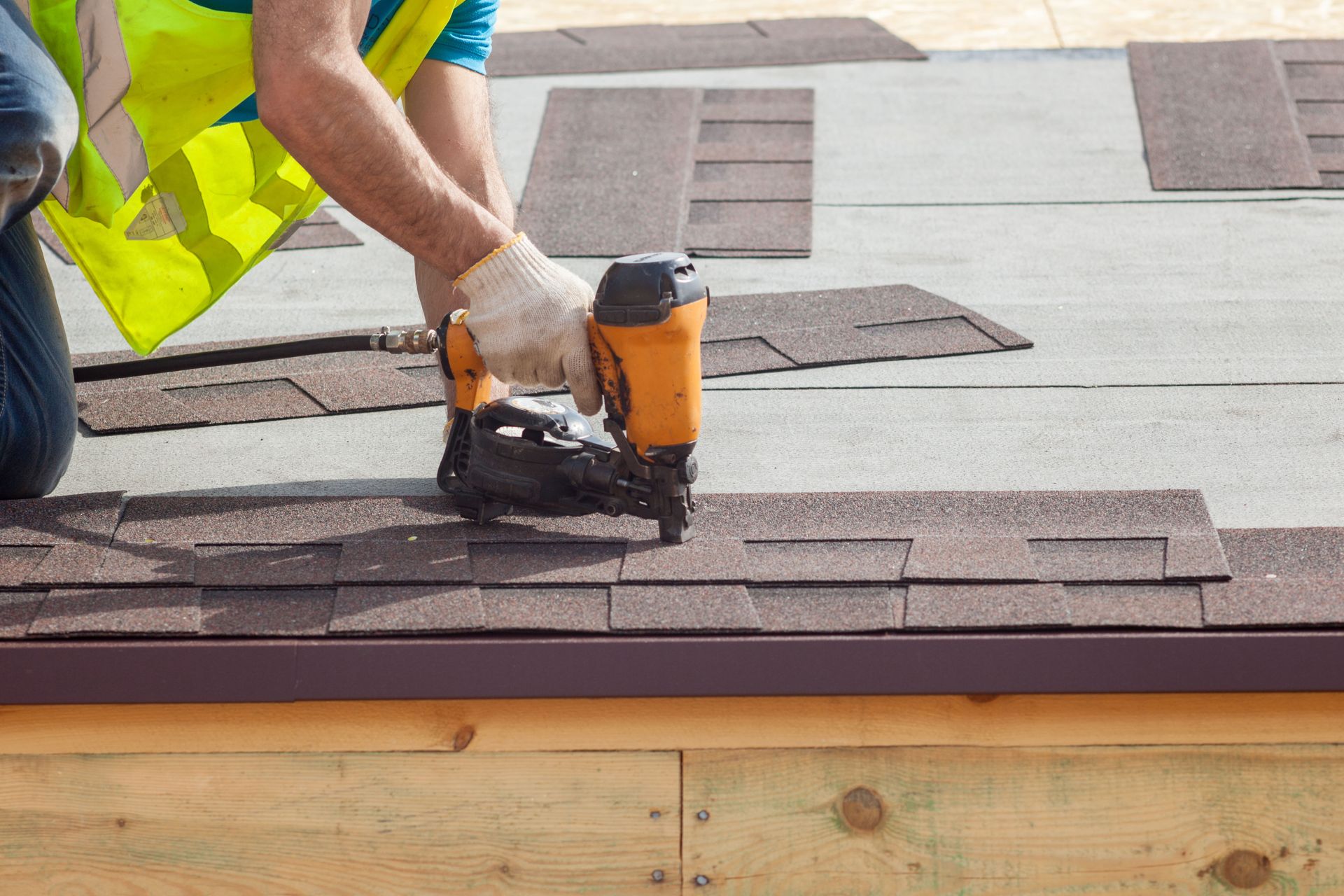
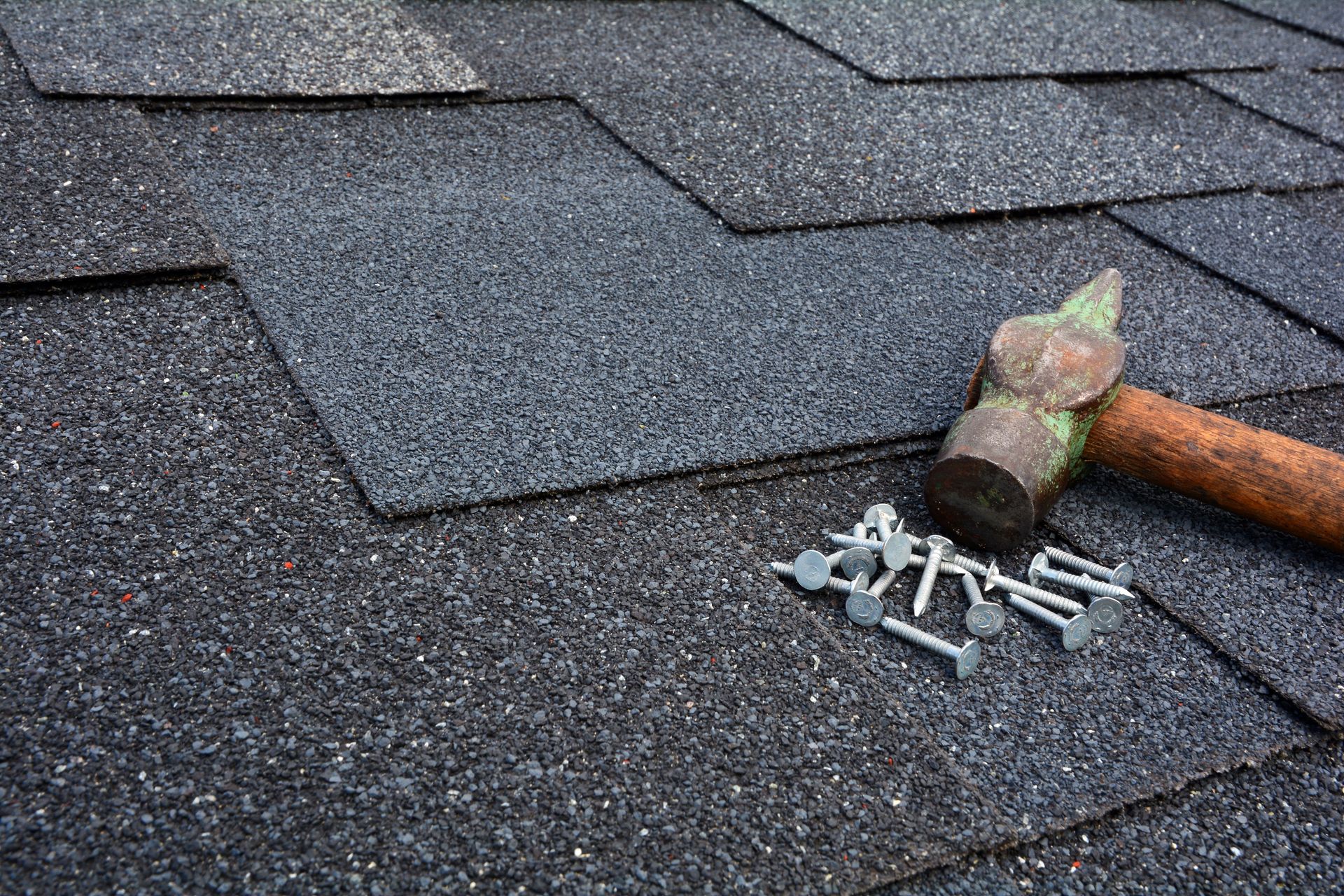
Share On: